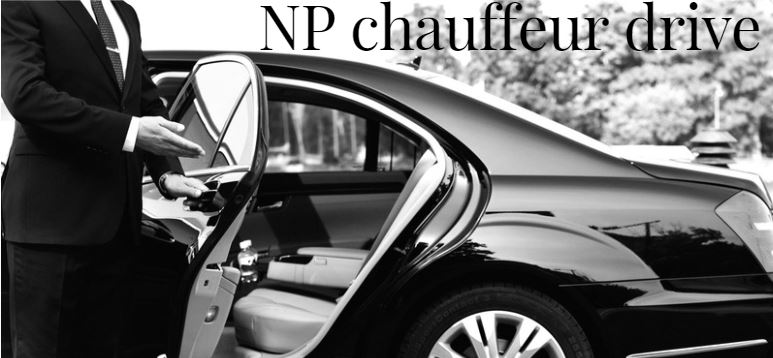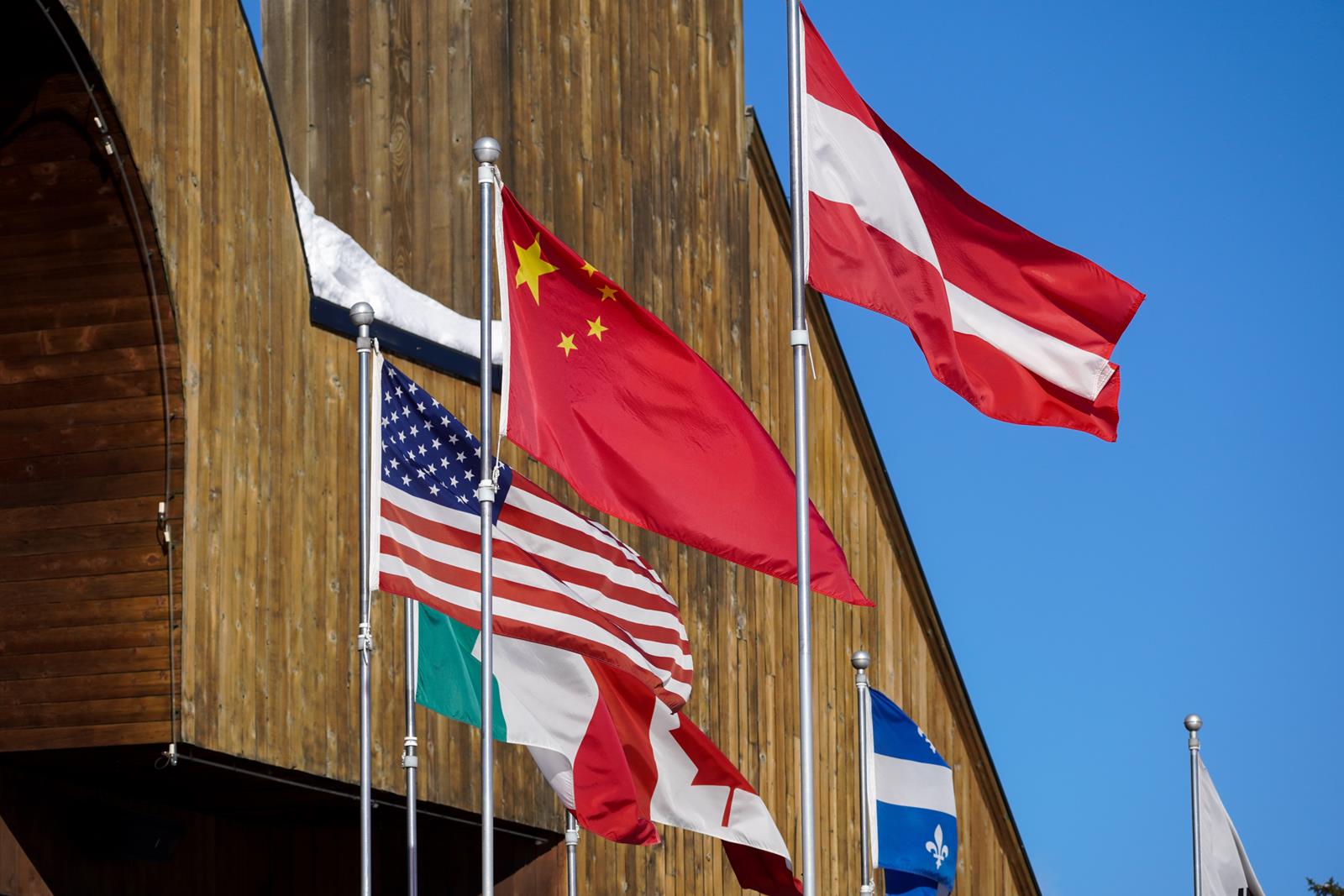A simple definition of politics literally describes the activities of governing governments, representatives, or other political actors. A much broader definition includes all the relationships between people, especially mothers and daughters, people of different races and ethnic backgrounds, those with disabilities and the elderly, and people from different cultures and countries. It also involves the inter-linkages among various groups and individuals such as students, workers, professionals, retirees, and political candidates. Political scientists describe the process of politics in much more detail. However, it is easy to understand how politics has affected us all in our daily lives.
Politics may have evolved from its origins as a way of organizing society through an elite group of individuals who exerted political control over the masses. Through history, politics has been defined by the different ways in which power has been transferred among those who hold leading public positions. Some of these power transfers were natural, as in the case of natural disasters and other uncontrollable events such as war. Others were engineered, as in the case of specific public policies. Regardless of the manner in which power was centralized, however, politics has remained a powerful force shaping societal institutions and individual lives.
Today, many question the validity of democracy, claiming that a political system without social equality is no longer representative of the public good. This skepticism has led some scholars to argue that politics and political institutions are not only inherently unequal but also corrupt and insincere. A common response from this line of thought is that a political system with social equality can be corrupted by powerful interests from the middle. If this were true, then any meaningful level of political debate and discussion would be impossible.
One of the most influential theorists of politics is Machiavelli. Writing in the 15th century, Machiavelli outlined his “Dictocrats” – the individuals who would control the levers of power in a political system. According to Machiavellian ethics, a ruler must be ruthless, temperamental, and manipulative; he or she must be willing to tolerate the slightest dissension, and be willing to use force and coercion to achieve their goals. Machiavelli further argued that a ruler should always be “minded” (obsessed with gaining power) and be willing to do what it takes to gain power. However, many scholars argue that this notion is deeply flawed, as it tends to degrade and distort political science, and potentially cause scholars to view politics as a form of warfare.
One of Machiavelli’s major arguments is that those who seek power must be ruthless, because if they are not, they will be corrupted. The ruler must be brutal, ruthless, and cunning, to gain the power that he or she desires. According to Machiavelli, if you are thinking about politics and you have not been trained to think politically, then you will be corrupted and will therefore be rendered useless during struggles for power. Machiavelli further stated that those who do not desire political power must be willing to do what it takes in order to gain power, but do not take the time to understand how politics works, and what it is all about. This concept is highly controversial, as some argue that the rules laid forth by Machiavelli are actually beneficial to all individuals, and do not lead to a sense of competition, nor do they create barriers to free-market capitalism.
A major problem with political theory and Machiavellian philosophy is that it is almost impossible to predict where the system will lead. Machiavelli’s The Prince is one of the few texts to forecast the direction of politics in a realistic way, but this still leaves lots of room for interpretation. Some say that Machiavelli was ahead of his time, and predicted everything in politics before anyone else did. Others believe that his text, while groundbreaking, fails to account for changing environments and a changing world.
Regardless of whether you agree with Machiavelli’s political theories or not, you can still use them to help you understand why a political system would work, and how you can use it yourself. First of all, Machiavelli introduces the concept of individual freedom, which he believes is the key to understanding politics. By liberating your mind from the constraints of tradition and family, you allow yourself to pursue your own interests and goals. While this is true, there are some problems with this approach, especially when a new government is in place. A new government will likely try to control all aspects of society, so an individual may find their liberty threatened by new laws.
The main thrust of politics is the negotiation process, which involves getting other parties to agree with your own policy before a certain deadline. Every country has politics, and each polity uses political philosophy to influence the decisions of others. International relations is a large part of politics, and understanding how different countries influence each other politically is crucial to learning how politics actually works. To get a better understanding of politics, you should consider using an online political science textbook or going to a university to get a degree in political science.

